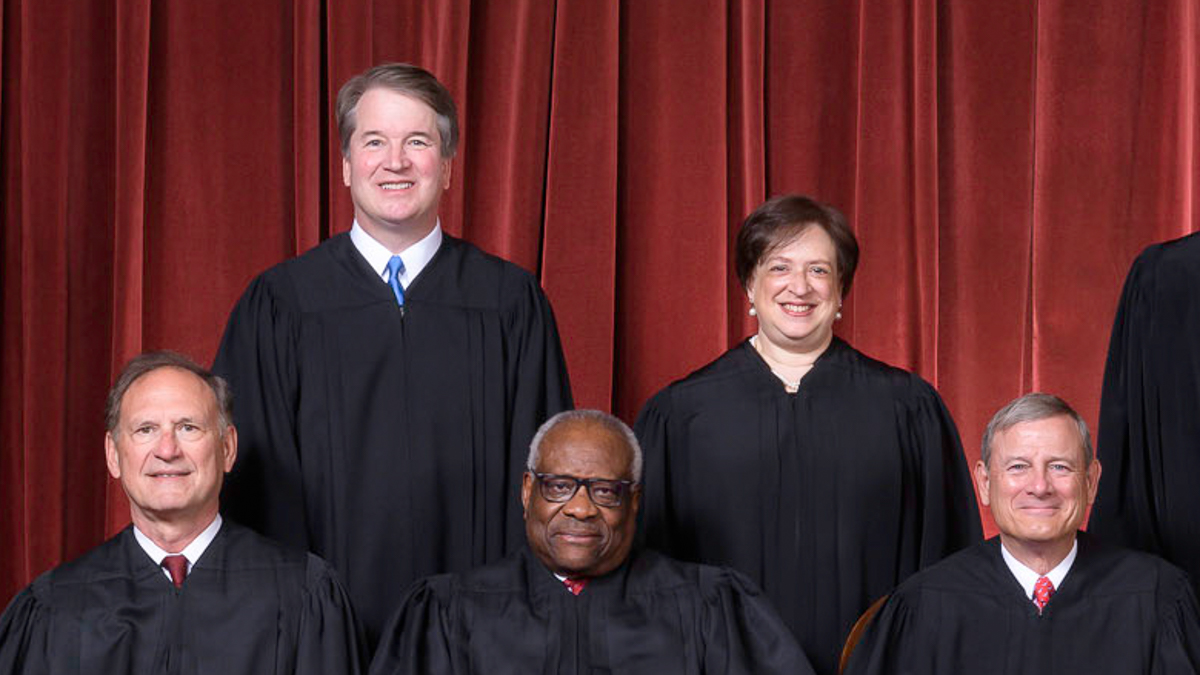The day after Justice Samuel Alito’s abortion opinion draft leaked, everything seemed more desperate. That was the day I called my mom in Seattle with news: my four-month wait for an appointment was extended yet again. I was told that it would be a few more weeks before a doctor was available.
But I wasn’t pregnant. I needed an IUD inserted, so my mom offered to pay for me to fly home and get the procedure where it was easy to access.
In the public discourse about restricting abortion access, we frequently hear about how the poorest and most marginalized women will be forced to carry unwanted pregnancies to term while more privileged people will always have the means to travel to another jurisdiction to terminate a pregnancy. Here in Mississippi, whether or not you have an unplanned pregnancy at all could depend on whether you can get to another state for timely reproductive care.
This is not due to any legal restriction—our state just has a shortage of doctors.

The Association of American Medical Colleges’ 2021 State Physician Workforce Data Report found that Mississippi has the fewest active physicians involved in direct patient care per capita, at a ratio of 178.6 physicians for every 100,00 people.
In comparison, the average is 247.5 patient-care physicians per capita nationwide and consistently over 300 per capita in northeastern states. The U.S. Bureau of Labor Statistics’ May 2021 Occupational Employment and Wage Estimates had no data for the number of OB/GYNs in Mississippi, but the overall scarcity of doctors undoubtedly compounds what the AAMC describes as a national shortage of OB/GYNs.
I was prescribed an IUD as treatment for the intense pain and excessive bleeding that consume a week of my life each month. My menstruation symptoms limit the ability to do all I want to do as a scholar, and being unable to access timely gynecologic care means unnecessarily prolonging the time this treatable issue negatively impacts my career. Going out of state to get an IUD sooner is an opportunity to curb the limits placed on my professional capacity—an opportunity I have because my family is already economically advantaged.
I am also lucky in another way: I am single, asexual and slightly queasy about sex. Going another month without an IUD won’t make my life any better, but it won’t really change it, either.
For most people seeking IUDs, one month could be the difference between a manageable life and an unwanted pregnancy. Post-Roe abortion bans in Mississippi and neighboring states mean that far more of these unwanted pregnancies will be carried to term. Whether you think this is good or bad, we must reckon with the fact that it will put even more strain on a health-care supply that cannot currently meet Mississippians’ needs.
My graduate-school classmates and undergraduate students who upended their entire schedules to seize the only appointment time for a prenatal checkup—one that wouldn’t be available for weeks—showed me that ensuring a healthy pregnancy can be challenging in Mississippi even for the relatively privileged.
Important prenatal care is even harder to access for those who cannot miss school or work, or travel to another state. And it will become even harder still if Roe is overturned.
I accepted the limits on health-care access for me as a chronically ill, disabled person in Mississippi—perhaps because my privilege meant I did not have to reckon with it fully. But the knowledge that Roe v. Wade can possibly be overturned exposes the current gravity of our state’s health-care scarcity and the impending worsening of the situation.
To keep people like me healthy, to prevent unwanted pregnancies and to ensure that every pregnancy is a healthy one, we must address Mississippi’s physician shortage.
This MFP Voices essay does not necessarily represent the views of the Mississippi Free Press, its staff or board members. To submit an essay for the MFP Voices section, send up to 1,200 words and factcheck information to azia@mississippifreepress.org. We welcome a wide variety of viewpoints.






